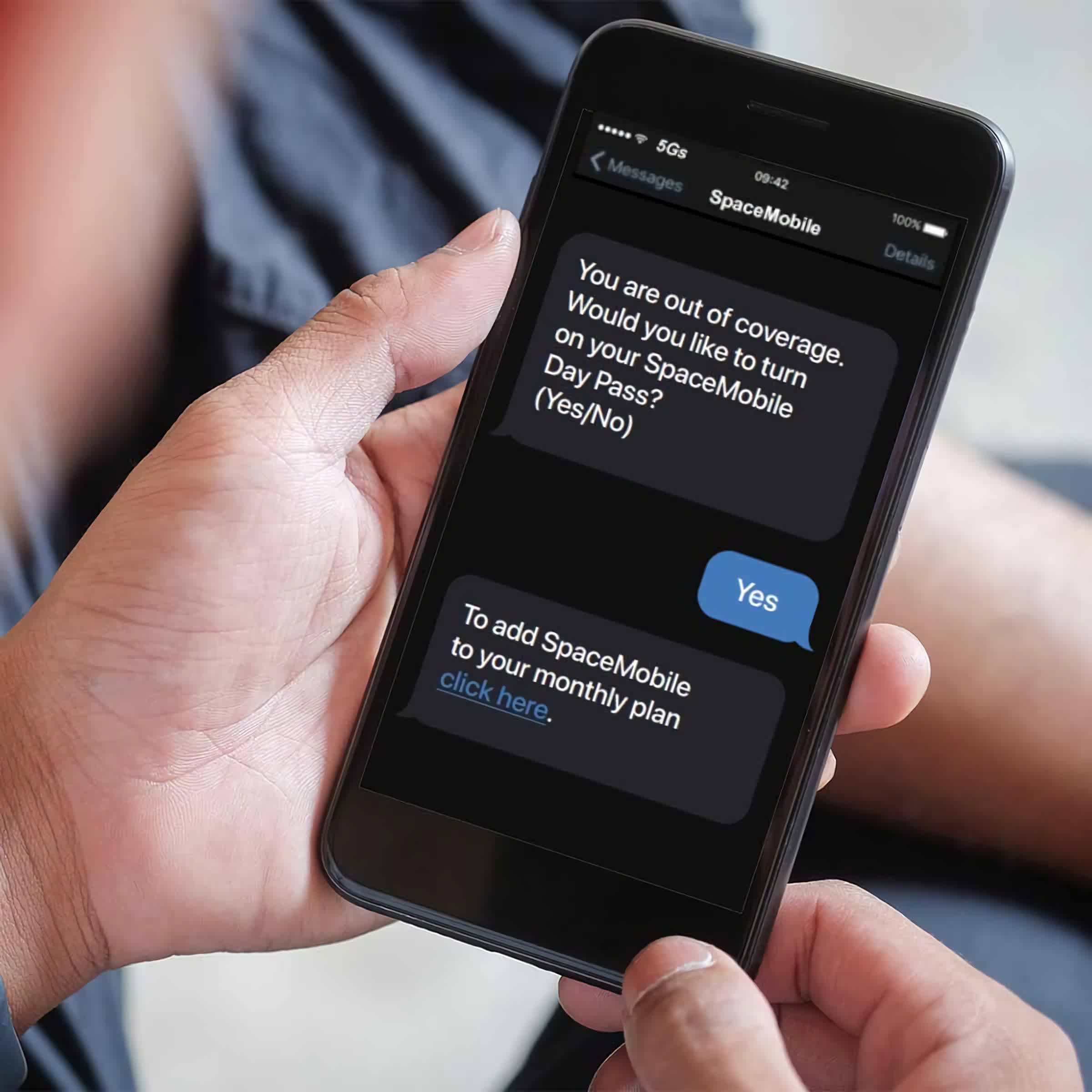The big picture: Big Telecom took a considerable leap forward today by placing the first “space-based” call using an ordinary cellphone. The breakthrough could provide better coverage in dead zones and developing countries. Carriers could soon offer cellular broadband at various speeds anywhere in the world with assistance from satellite communications providers.
In cooperation with AT&T, Vodafone, and Rakuten, satellite communications startup AST SpaceMobile has broken ground by placing a satellite call from an ordinary cellphone. On Tuesday, the company used an unmodified Samsung Galaxy S22 in Midland, Texas, to establish a two-way voice call to Tokyo, Japan. The test used AT&T’s spectrum to bounce the signal off SpaceMobile’s BlueWalker 3 (BW3) satellite.
SpaceMobile says its BW3 comsat can provide 2G, 3G, 4G LTE, and 5G service from low-Earth orbit. The breakthrough could fundamentally transform cellular communications once its network is complete.
“Achieving what many once considered impossible, we have reached the most significant milestone to date in our quest to deliver global cellular broadband from space,” said AST SpaceMobile’s Chairman and Chief Executive Officer Abel Avellan. “I am immensely proud of our team and our incredible partners, whose unwavering dedication and tireless efforts have brought us to this pivotal moment.”
SpaceMobile claims it is “building the first and only space-based cellular broadband network.” The grid could eliminate the “can you hear me now” effect and provide coverage to dead zones and developing countries. Rural areas could also see benefits.
Telecom giant AT&T is already on-board with the idea of providing its customers with global broadband coverage ranging from 2G to 5G. However, it’s too early to guess how much satellite/cellular service will cost. SpaceMobile will undoubtedly charge carriers to use its satellites, and the company did not specifically rule out becoming a solo provider.

“While we take a moment to celebrate this tremendous accomplishment, we remain focused on the path ahead and pivotal next steps that get us closer to our goal of transforming the way the world connects,” said Avellan leaving the company’s plans up to interpretation.
Judging by AST’s website, the startup seems interested in working with cellular carriers to provide a la carte service when customers encounter poor coverage areas and monthly options for continuous satellite signaling.
So far, AT&T is SpaceMobile’s only cellular partner, with Vodafone and Rakuten supplying engineering support. However, other carriers are jumping on the satellite coverage bandwagon with various companies. In 2021, Verizon announced it would provide a similar service using Amazon’s Project Kuiper satellite network. Meanwhile, T-Mobile has partnered with SpaceX to utilize its Starlink array.
Source link